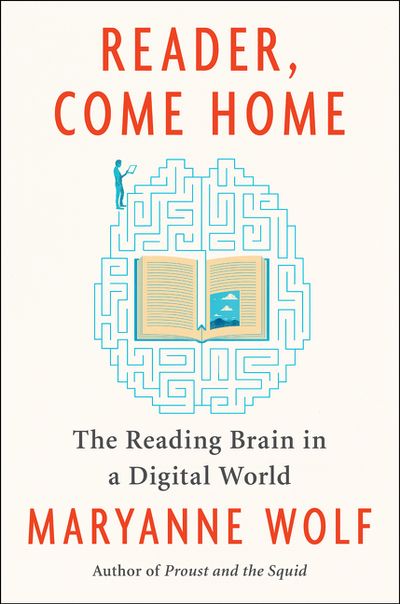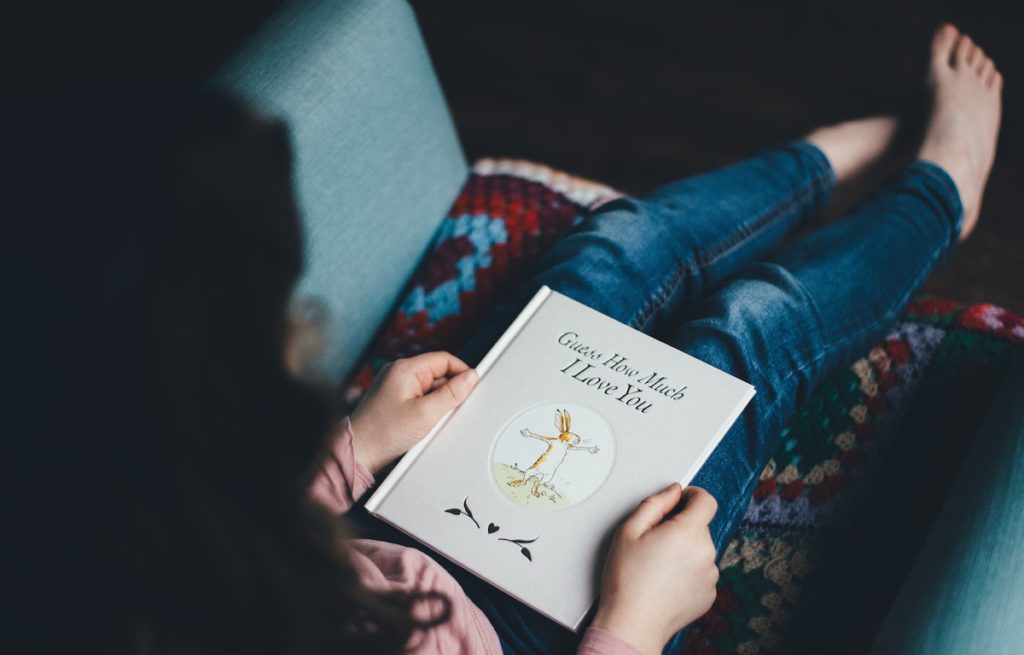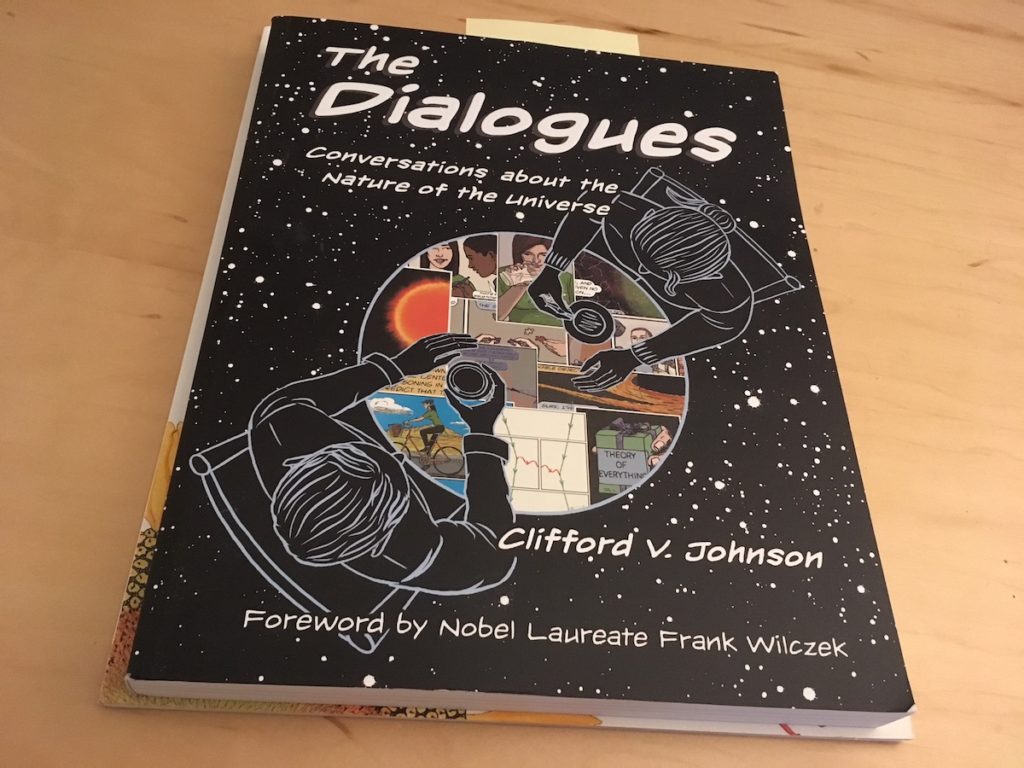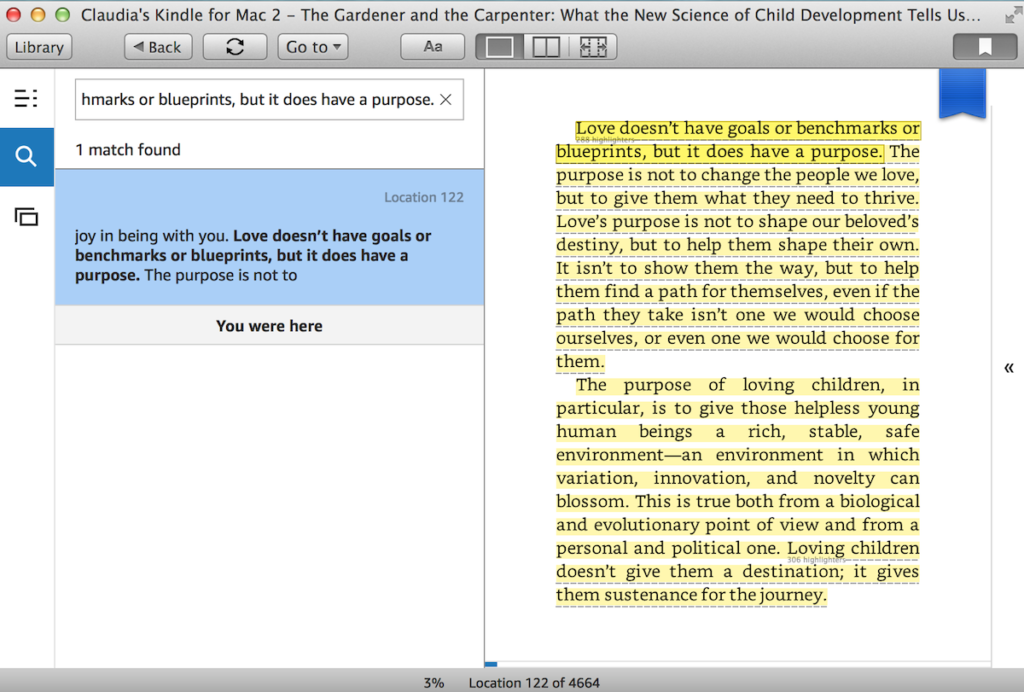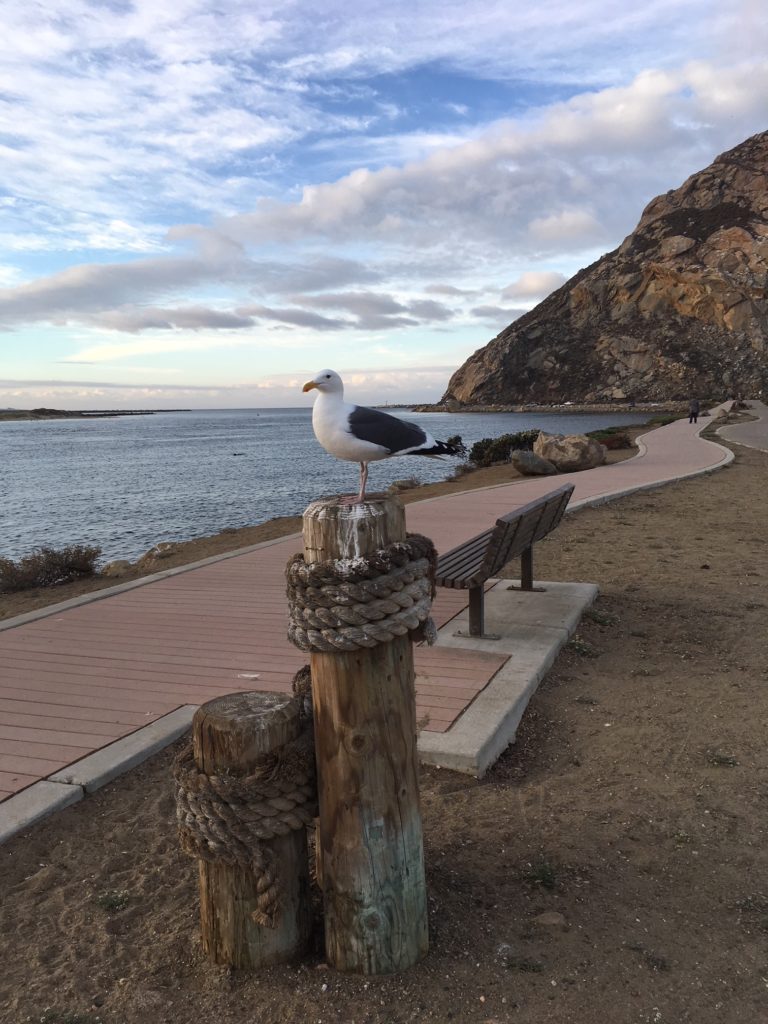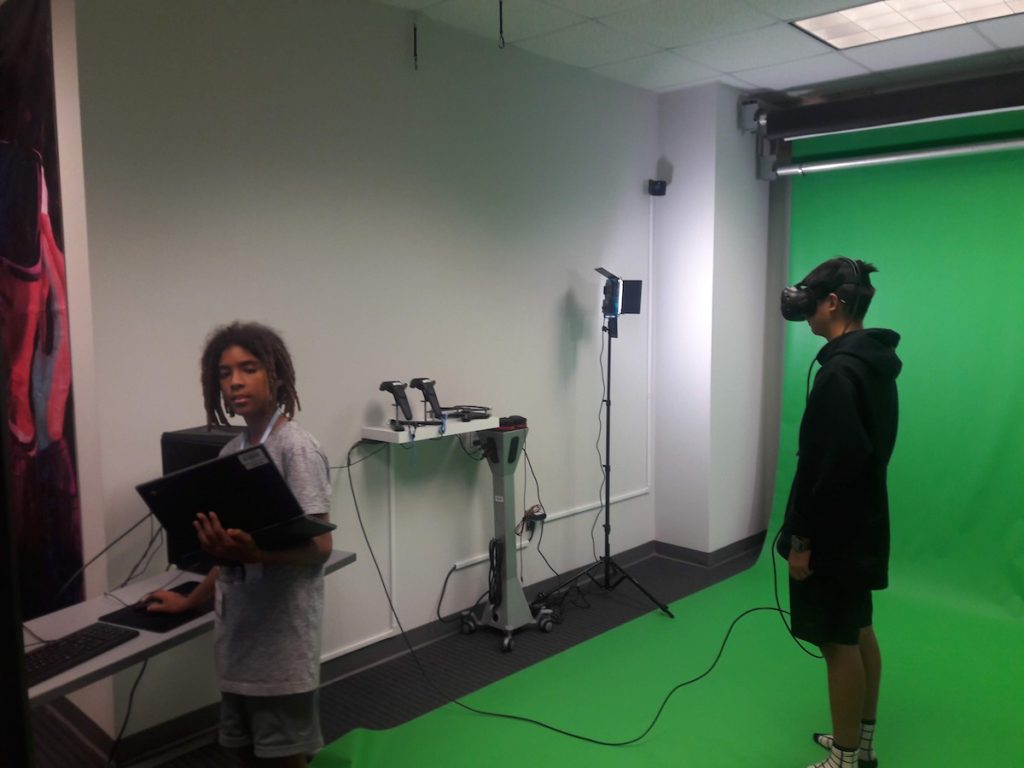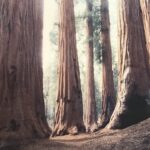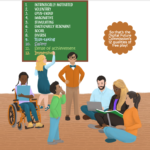
A “new year” presents an opportunity for me to pull back the frame and take a bigger/wider look at my life. As in years before, I found myself reviewing my notebooks—seeking insights—to help me consider how I’d like to do things differently in 2019, where I’d like to expand or deepen what I’ve been doing, and where I need to learn some new skills.
In this process, I uncovered something I’d written quite some time ago for a parenting group I facilitated. I wanted to share it while we’re still under the spell of “a new beginning”—as a meditation on frame expansion. What happens when we widen our frame from a focus on technology to learning, or even wider and deeper, to learning how to learn? I hope you find it useful.
6 simple steps to practice reflective learning
1. Begin to notice how you are modeling.
As parents, we can become so absorbed by concerns about our children’s learning that we forget to notice, observe, and reflect upon our own. Our children are learning from us how we go about our own learning. We are their first learning models. As we become curious about our own learning, our children will catch the spirit of our curiosity and enthusiasm. Create time to reflect on your own learning.
key words/phrases: noticing, reflecting
2. Share your personal learning explorations…make the learning process visible.
Talk about your learning. Reflecting on the process of learning is key in learning how to learn, but we rarely talk about how we are learning. Make the learning process visible, first to yourself, and then with your family. Talk about what is challenging, when you enter “flow states” and what they feel like, when you feel anxious, how you are able to relax. Get specific. Shift your focus from the topics of learning to the process of learning.
key words/phrases: sharing, dialogue, process-focus
3. Expand the frame…what’s your own core curriculum?
Ask yourself and your children what your own personal core curriculum is right now and why? Studies have shown that young people who have practiced piano performed 46% better in spatial reasoning than those who have not. Yet the public school system is cutting music programs because music is not considered core curriculum today. Reclaim your right and responsibility to consider and design your own wholistic learningscape. You’ll be modeling self-directed learning—and self-directed learning is a skill that can serve your children for a lifetime.
key words/phrases: personal core curriculum, wholistic learningscape, self-directed learning
4. Value inner worlds as much as outer worlds.
Our current education system puts primary emphasis on acquiring knowledge about the outer world and largely neglects the inner world. Yet research in the biology of cognition affirms that intelligence is restricted or expanded by our emotions—change emotions and you change possibilities for intelligent behavior. Become as interested in the inner worlds of emotions, imagination, visions and dreams as the outer worlds and make these the subject of regular dialogue. Music, art, dance, drama, the contemplative arts can be doorways into the inner world. Explore these doorways yourself and invite your family in with you.
key words/phrases: doorways to the inner worlds, dialogue, invitation to explore
5. Become an embodied learner.
Try shifting your focus from brain-based learning to mind/body learning. If you have to write a paper or give a talk, put on some music and dance for a half-hour, then write. Get comfortable dancing in front of your family [Alexandria Ocasio-Cortez dancing into her new office is good inspiration]. Explore the somatic arts. Take a Feldenkrais class (Feldenkrais is about awareness through movement) at the YMCA. Research the Alexander Technique. Try Chi Gong. Share your insights about embodied learning with your family.
key words/phrases: mind/body learning, somatic arts, share insights
6. Honor biophilia. Spend way more time in deep nature.
As biological beings, we have evolved in intimacy with the natural world. We feel refreshed in nature. In modern urban life, many of us have to make a special effort to see the moon and stars at night. We can easily lose touch with natural rhythms—the flow of the waxing and waning moon, the subtle change of light as seasons shift. Can you identify the moon in its waxing and waning phase? The sounds of modern life are a source of stress that we too easily take for granted. Our children are especially sensitive to these stresses. Whether we realize it or not, our bodies, minds, and spirits are nourished by the sights, sounds, scents of deep nature. We require nature as much as we require a healthy diet. Spend an entire day outside at least once a month. Get outside year round. Explore. Find your favorite places and go back to them again and again in different seasons. Don’t be intimidated by weather—think of John Muir in a tree in a thunderstorm.
key words/phrases: biophilia, recovering natural rhythms, deep nature as nutrition
What are you thinking about in 2019? I’d really love to hear from you (do hit reply and let me know).
Happy New Year.

